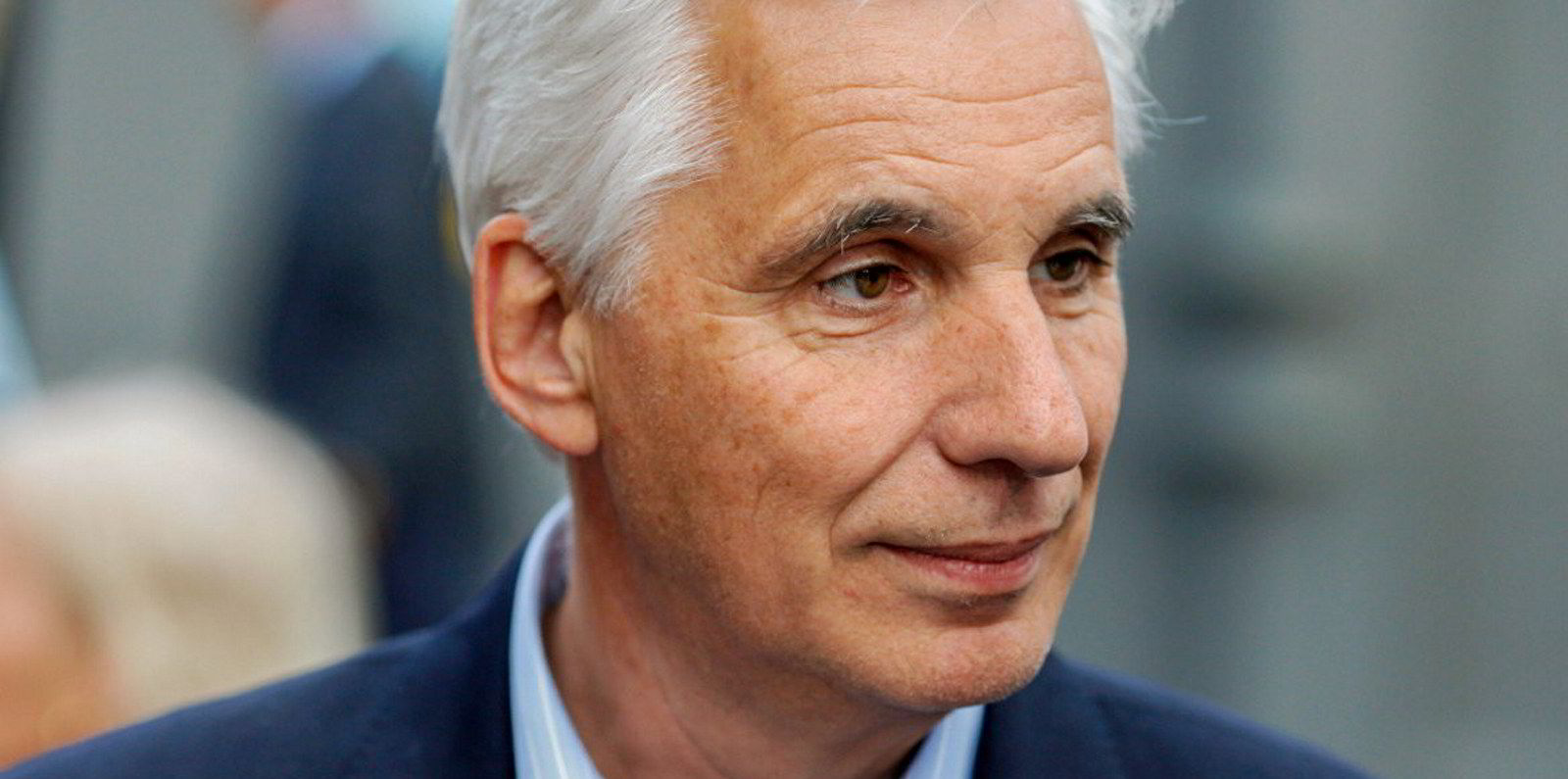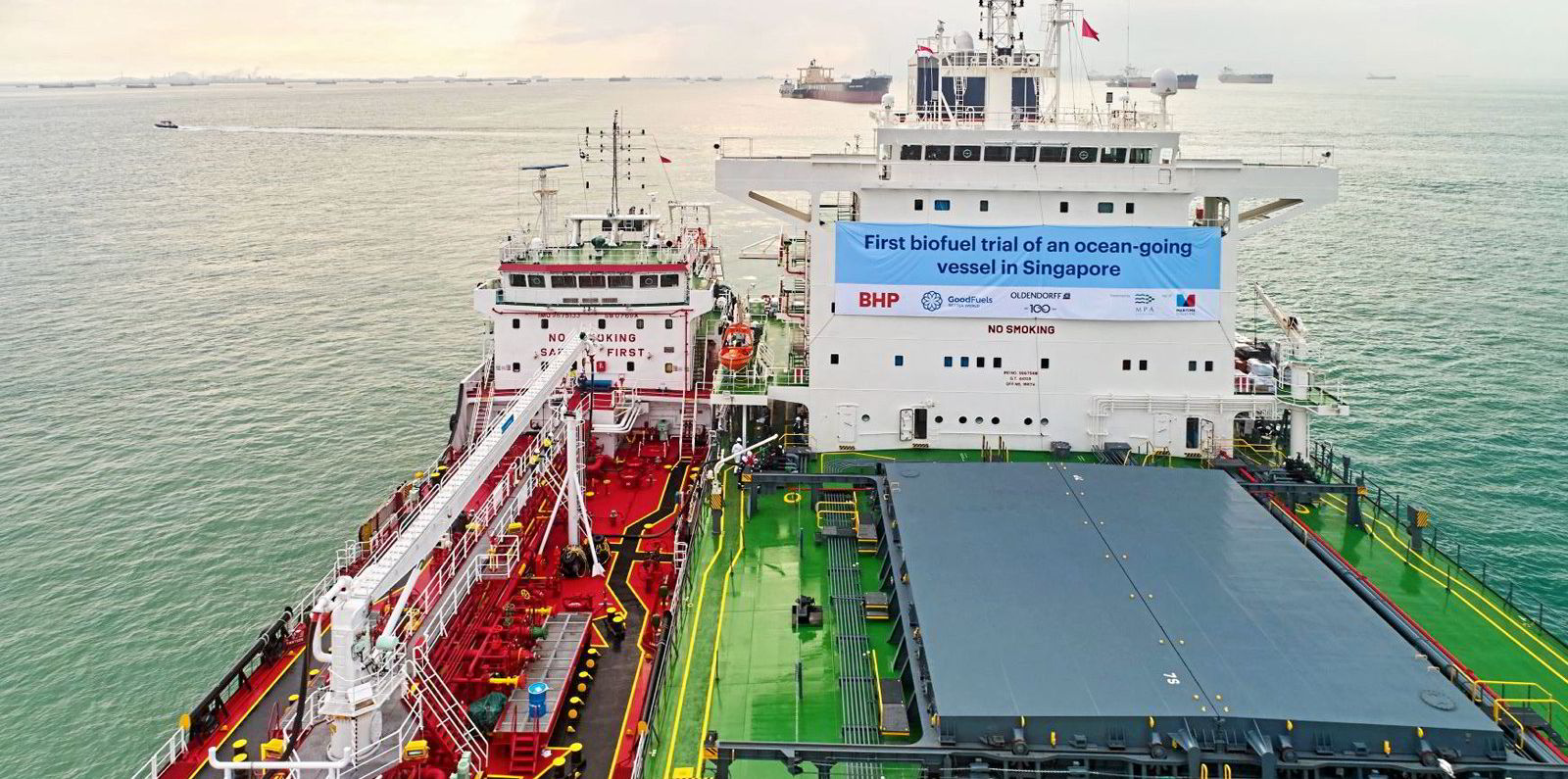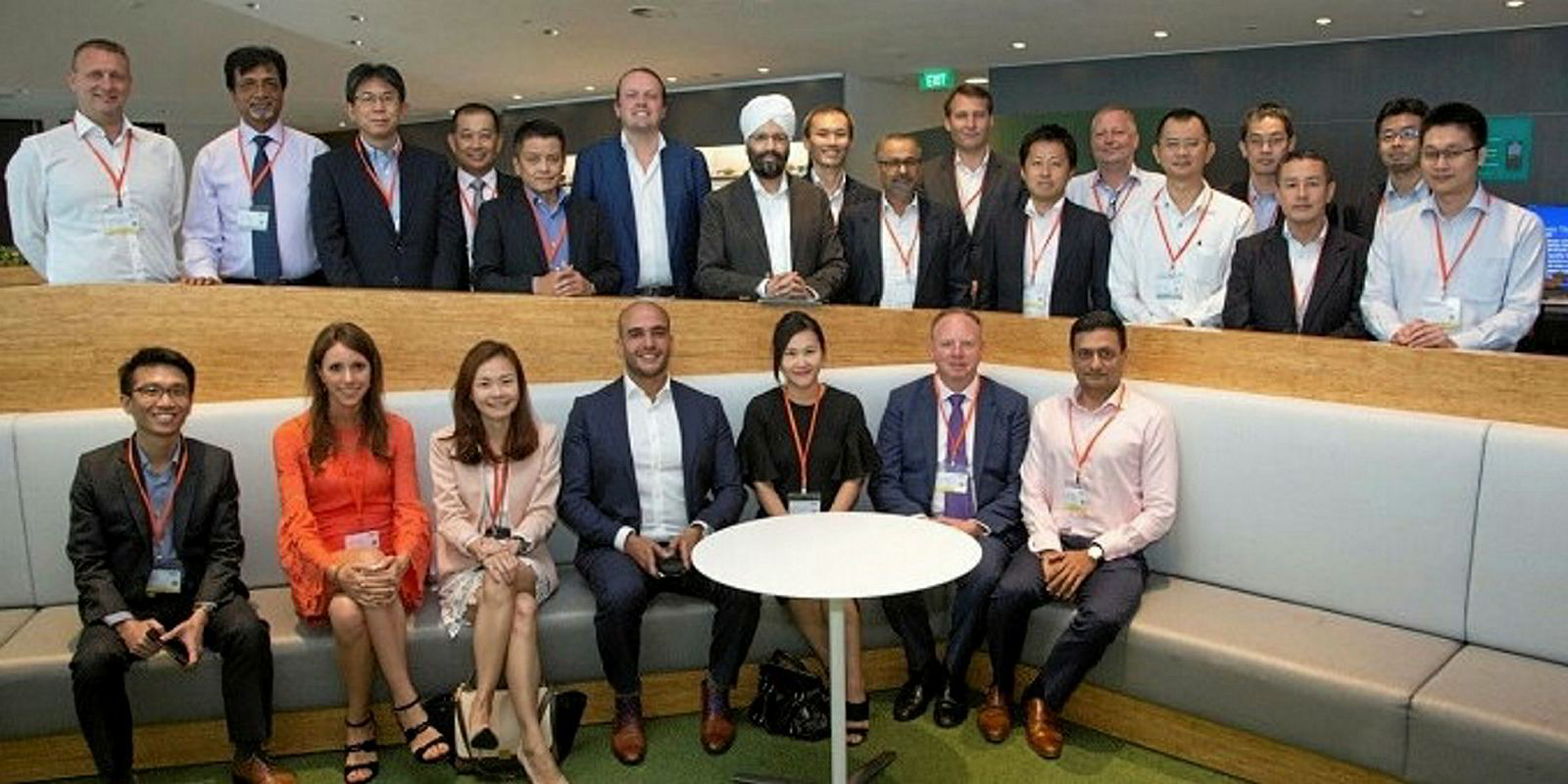Oldendorff Carriers is taking part in further trials of biofuel bunkers, this time with grain exporters in Australia.
The German owner’s 38,617-dwt Edwine Oldendorff (built 2016) sailed from Albany Grain Terminal in southern Australia on Sunday bound for Vietnam.
Australian grain industry cooperative CBH Group is shipping 30,000 tonnes of sustainably certified malting barley aboard the geared handysize.
The vessel has been bunkered with a BP-supplied biofuel blend for the trial, which is estimated to produce about 15% less greenhouse gas emissions for the journey than conventional fossil fuels.
Chief marketing and trading officer Jason Craig said that as Australia’s leading grain exporter, CBH needed to take the necessary steps to lower carbon emissions along its supply chain.
"Customers across the world are increasingly seeking to source sustainable products, including sustainable grain," he said.
"Biofuel is one low-carbon option that could be part of the solution to reducing emissions in the shipping industry."
The barley, which is accredited as sustainable under the International Sustainability and Carbon Certification programme, is set for Vietnam’s leading malting company, Intermalt.
Intermalt services several brewing customers, the largest being Heineken, which has set a target of a carbon-neutral value chain by 2040.
Craig said CBH needs to meet the growing market demand for sustainable or carbon-reduced grain by "being proactive, practical and adapting".
The trial will provide information on how the vessel's engine responds to biofuel, its speed and efficiency, and will measure the emissions it produces.
Ben Harper, managing director at Oldendorff Carriers Melbourne, said collaboration was "crucial for us all to learn and share information about the best paths in our efforts to decarbonise the supply chain".
In April, Oldendorff successfully conducted the first marine biofuel trial involving an ocean-going vessel bunkered in Singapore.
The shipowner has previously said that in line with its decarbonisation strategy, it is committed to work with partners, authorities and stakeholders to find the best ways to reduce GHG emissions in its shipping operations.
Oldendorff said the key objectives of the Singapore biofuel bunkering trial include safety, understanding the behaviour of the fuel and its emissions, assessing engine and vessel operational performance, as well as exploring the merits and challenges of biofuels as a marine fuel.





